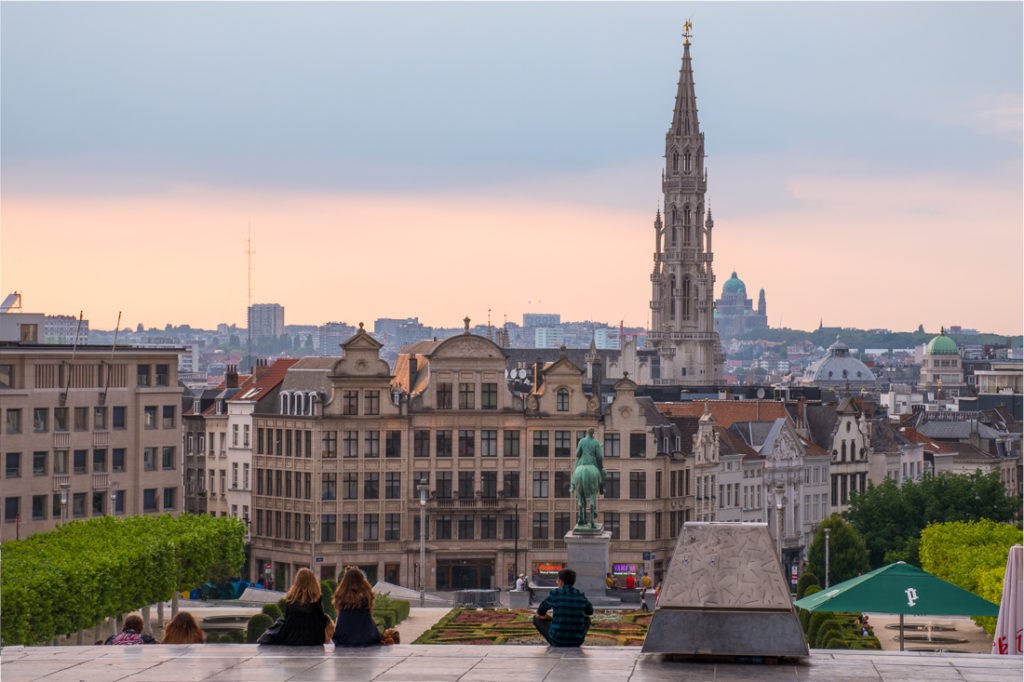In a recent interview with this newspaper liberal Minister for Multilingualism in Brussels, Sven Gatz, suggested that the city cannot ignore English. And how right he is. English is allegedly spoken by just over a third of Brussels residents – with many using it on a day to day basis.
This is in part because it has been found that more than half the population of the city were not born in Belgium, including 40% of Belgian passport holders. This is a higher percentage born overseas than in London (at 36%) and Paris (at 20%).
Of course this phenomenon can easily be explained by the fact that Brussels plays host to several important international institutions – the European Union, NATO, EFTA and BENELUX are all based in the city. Each one of these institutions hiring staff from outside the country, and attracting different kinds of lobbying and monitoring groups. It is often quipped in the bubble that there are more lobbyists working Brussels than in Washington DC.
As a result of this, Brussels finds itself as multicultural, multilinguistic melting pot. According to a survey conducted in 2013 some 17% of the population claimed to use neither French nor Dutch at home, with a further 23% speaking a combination of French and something else.
In the work place this is even more pronounced – with many lobbying firms, NGOs and international companies using English as the main language. Since the 2004 enlargement of the EU to include countries like Poland, Hungary, and the Baltic – French slipped from first place to second in terms of working language at European Summits and the Parliament.
And it is hard to ignore the increased use of English on a daily basis. Where I live in the European Quarter, before I even open my mouth at a café, shop, restaurant or pharmacist I’ve been addressed in English. A colleague of mine bemoaned a similar fact – as a native French speaker he couldn’t understand why when he went to get a coffee the first instinct of the barista was to ask for his order in English.
With all of this in mind, it would of course make sense for English to become an official language, or at the very least an option for Brussels residents. Similar exercises in multilingualism have been tried across Europe. In London for example, official documents are available in a wide range of languages, and depending on the borough the signage can also be multilingual. In Soho for example some street signs are in Mandarin and in Southall in Bengali. Doctors surgeries have been found to offer services in Polish and Gujarati.
In many ways this multilingualism is as much about keeping the public safe as anything else. During the COVID-19 epidemic there have been cases in which diaspora communities living in Brussels have struggled to keep up with the latest regulations because they simply haven’t understood them. This perhaps didn’t help when it came to containing the spread of the virus in the early months – or perhaps even more recently.
For the most part – the Belgian government has been good at keeping the English language sites up to date, and certainly the Brussels City Commune maintains its websites in English. But other quarters of the city are less expat friendly.
With the number of English speaking people only increasing in Brussels, despite Brexit, perhaps it’s time to consider making more official documents available in English in addition to Dutch and French.

